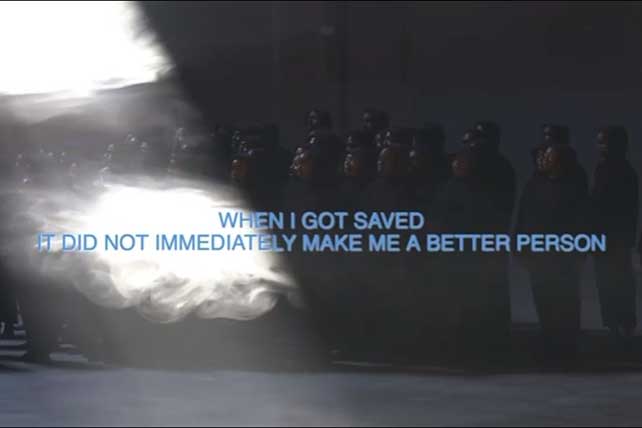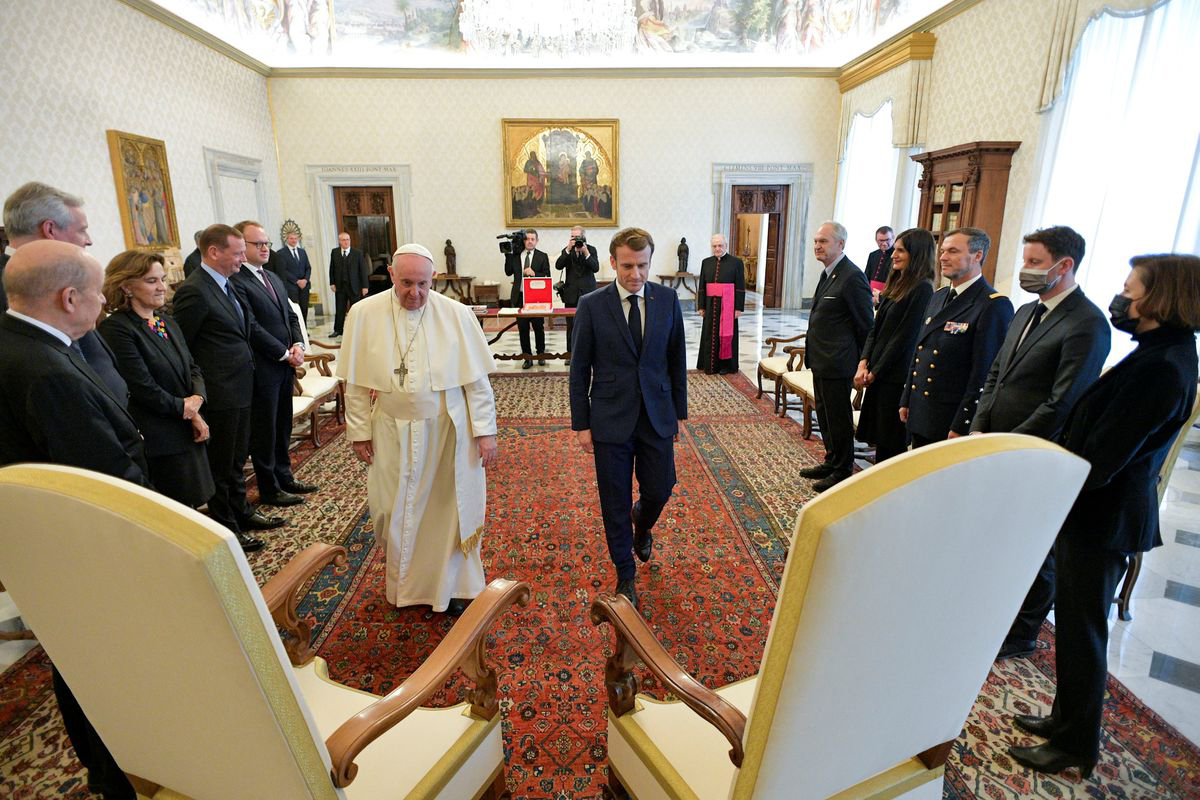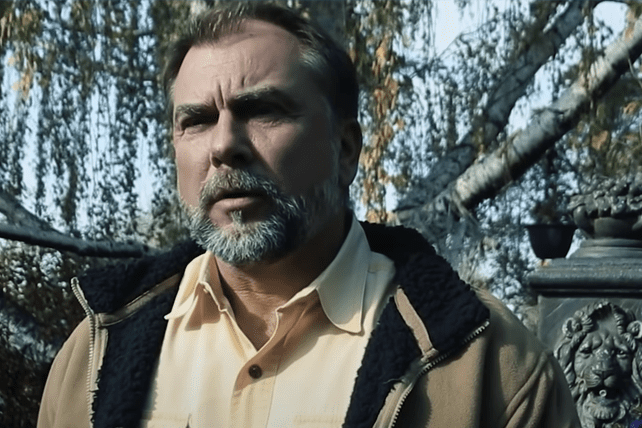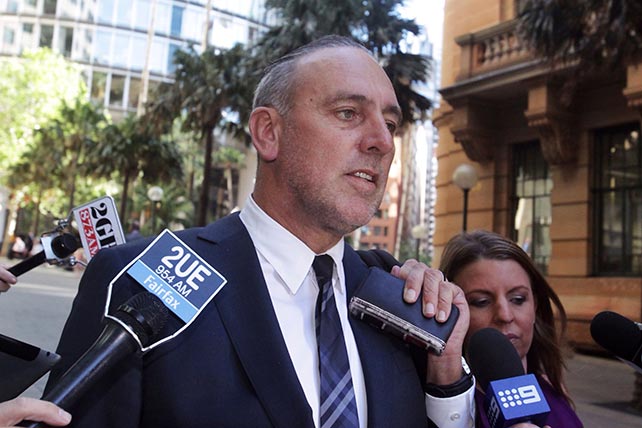A woman who was a pastor at Bethel Church and a student at the Bethel School of Supernatural Ministry (BSSM) has addressed a number of the controversies surrounding Bethel, including scandalous accusations that the church practices “grave sucking” and rejects modern medicine.
“Many wild suggestions have been made of the activity within these walls of ‘wacky cheer,’” wrote Carrie Loyd, in a Nov. 15 column for Premier Christianity. “Whatever prosecution may come our way, the one thing we will plead guilty to is our attempts to take risk, to seek him beyond our unbelief. However barbaric, or wacky it may seem. For it is an environment of testimony, and miracles require serious, often humiliating, risk.”
Bethel Church in the Headlines
Bethel Church is a non-denominational megachurch in Redding, Calif., that is known for its focus on the supernatural work of the Holy Spirit and for Bethel Music, a worship collective that creates music used in congregations across the U.S. The church is also known for the Bethel School of Supernatural Ministry, which offers to “equip you to walk in the gifts of the Spirit, prepare your noble character, and empower you to follow Jesus as He moves powerfully on the earth today.”
Carrie Loyd is a journalist, podcast host, and author of three books who was involved with Bethel for 10 years. In a video for BSSM published in June 2020, Lloyd shared that prior to attending BSSM, she saw God as “wrathful.” At age 25, she rejected him and became an “angry atheist”—but God pursued and “hounded” her.
Prior to attending BSSM, Lloyd said that she had “compartmentalized God.” But her teachers and mentors at BSSM led her to see God as attractive and worth pursuing with her whole heart. What’s more, it was while she was there that God showed her she was his daughter, an experience Lloyd said was “the key to opening up my heart to a whole idea of actually what the whole gospel was about.” Lloyd called BSSM an “adventure for the soul” and “not for the fainthearted.” Now, God is “more real than ever,” and she feels more comfortable than she ever has being vulnerable and being herself.
People have found Bethel Church to be controversial for some time. In the Premier Christianity column, titled, “Grave sucking and gold dust: I spent 10 years at Bethel. Here’s the truth behind the wild rumours,” Lloyd said she has held off on speaking out on behalf of the church “for fear of looking like the defensive child, fending for the name of its family.” However, the lies and divisiveness Lloyd sees Christians perpetuating about Bethel have led her to finally say something. She writes:
Such rumors have not cooled, and have spread wilder than the summer fires that haunt the territory of Redding; and in the many years of Bethel’s momentum, they have been privy to a bevy of gossip: ‘grave soaking’ which then turned to ‘grave sucking’. The buckets left at the front of the stage for vomiting (they’re actually for our offering). The suggestion that us pastors hit the heads of students against a wall until they bleed. The refusal for ambulances when someone is in cardiac arrest, as we teach the students instead to pray for healing. The swimming pool that we recently built in order to teach the students how to walk on water (I only dream of the money this would save on paddle boards). The manifestations of “glory clouds,” a term coined by the on-lookers not the leaders themselves. The suggestion that we have aligned with the far right politically and therefore no room for diversity or discussion. That we are heretics, esoteric and simply “wrong.”






















